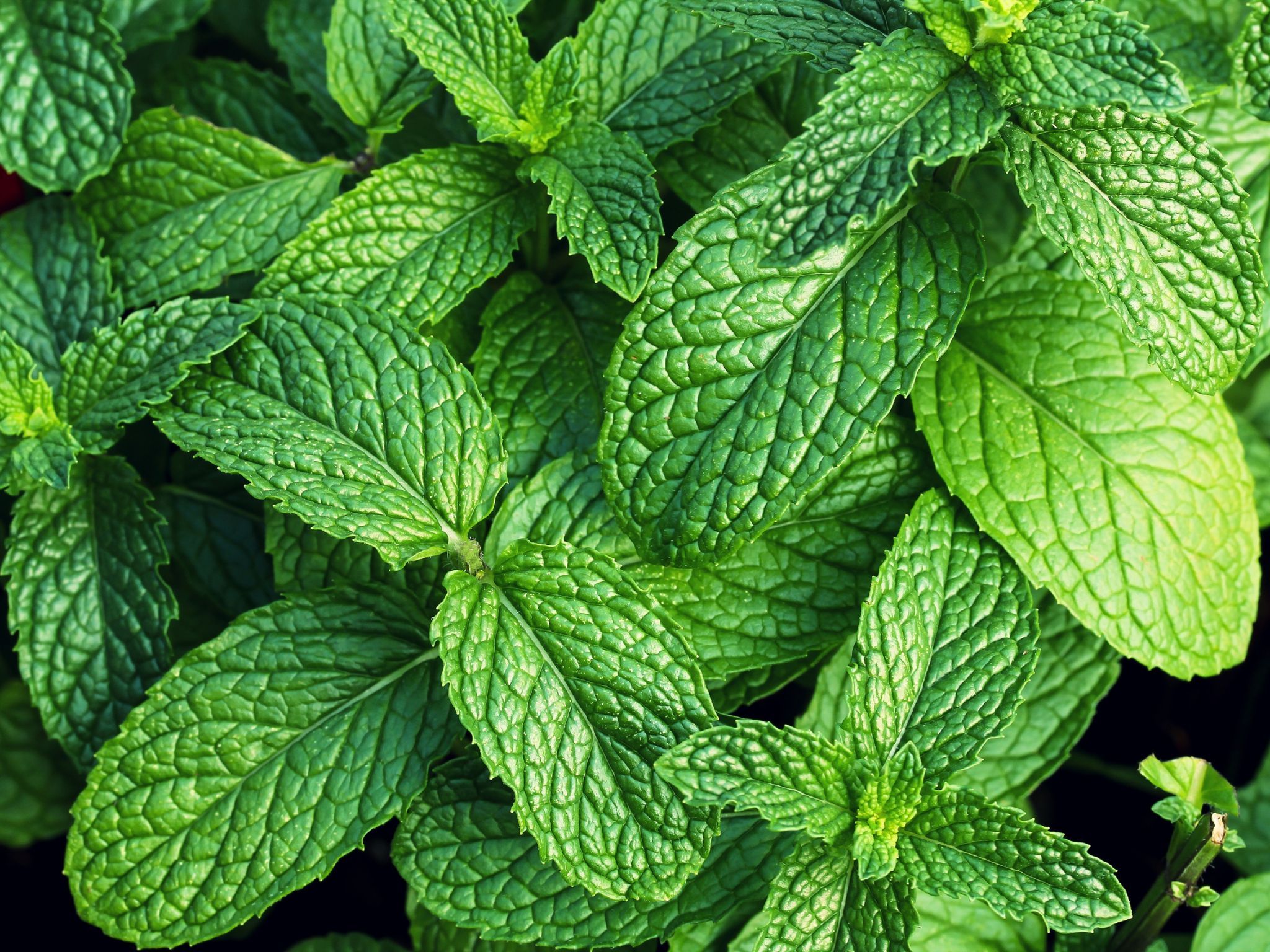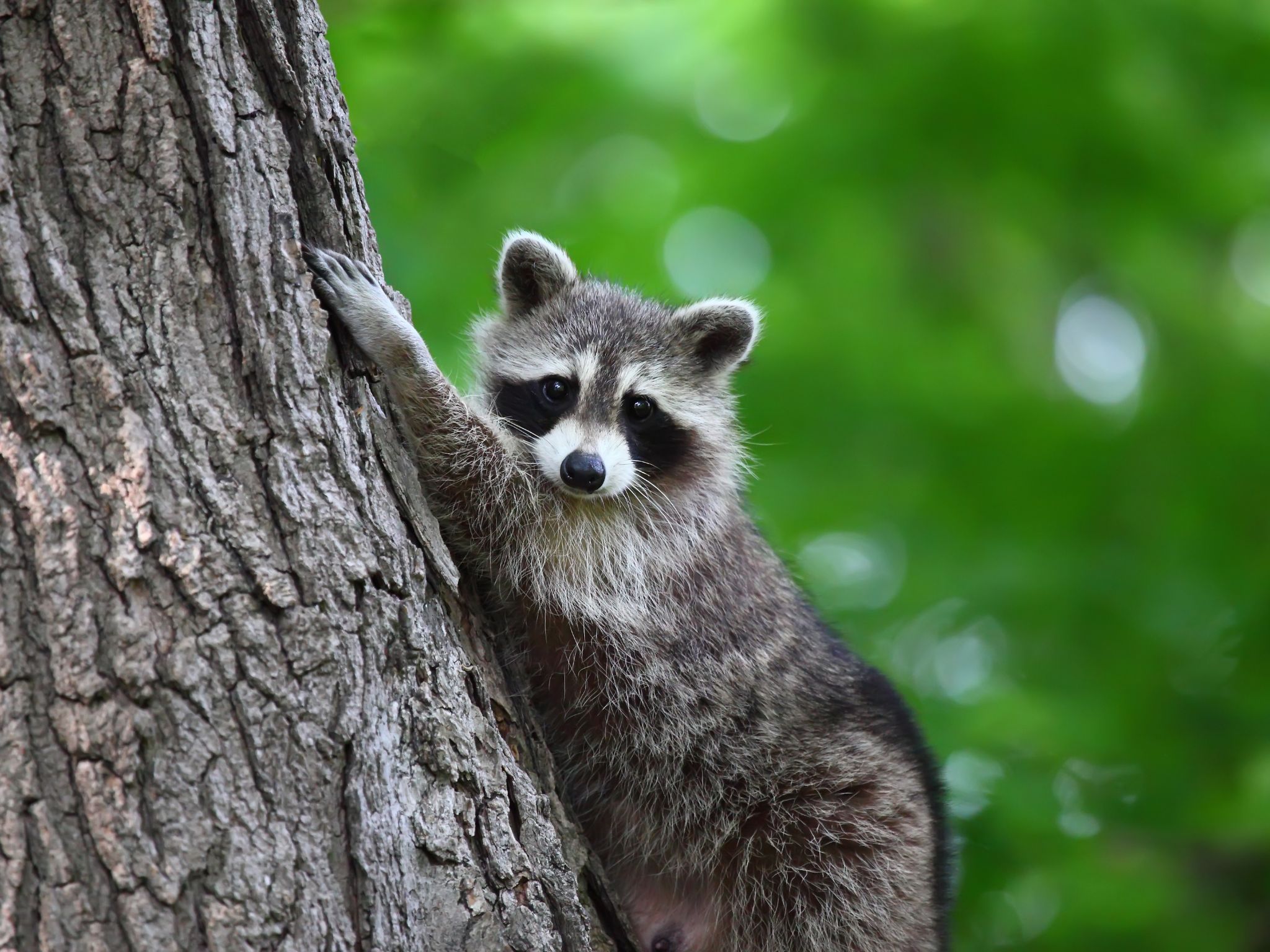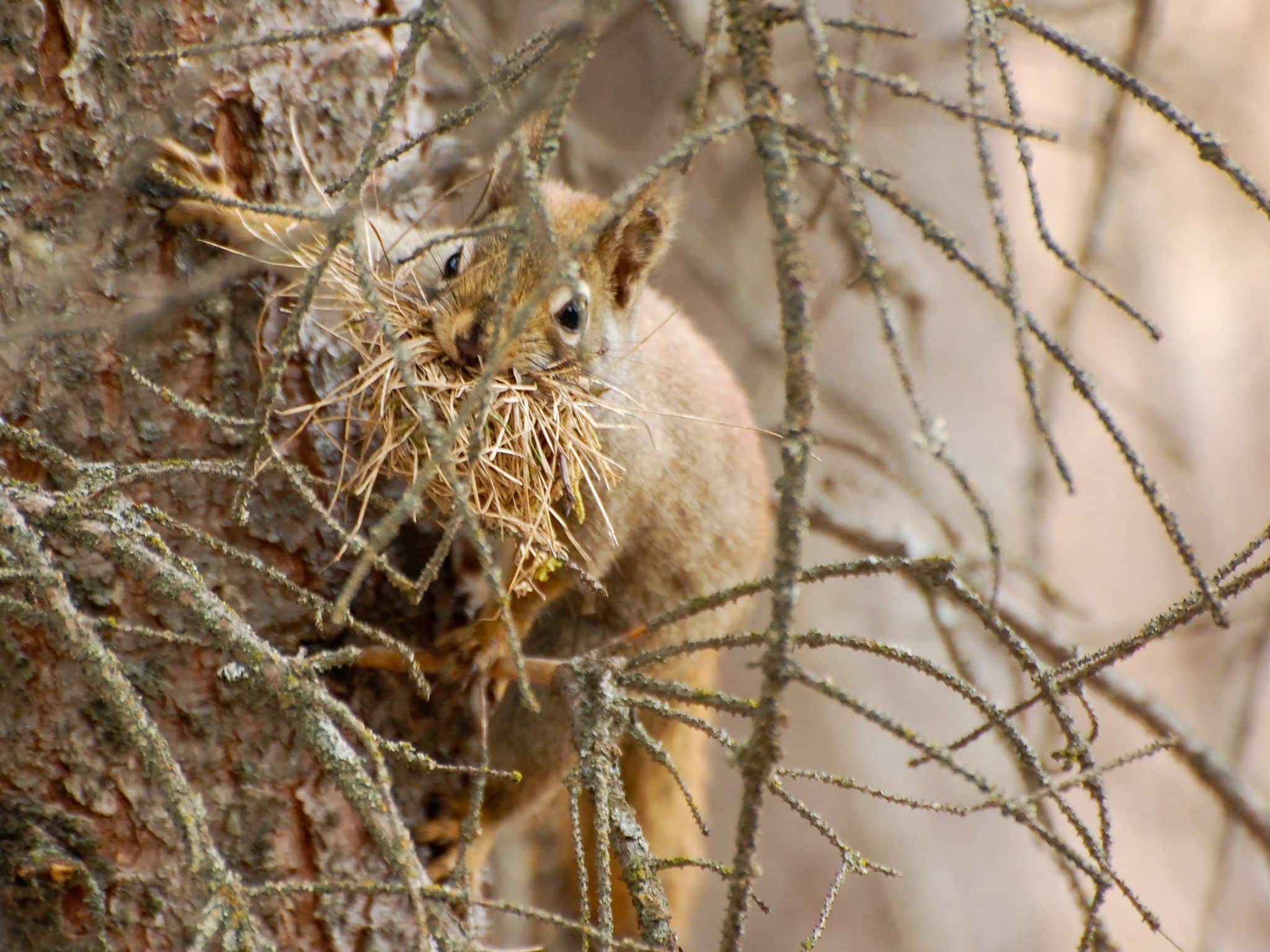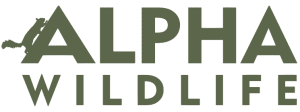What Animals Cause the Most Damage (And How Do I Prevent it)?
While wildlife can be fascinating, they can also cause serious damage when they make your home their own. Some animals are especially notorious for the destruction they leave behind, from chewing through wires to tearing up insulation. At Alpha Wildlife, we know exactly what kind of damage different animals can do, and we’re here to help protect your home.
What animals cause the most damage? Here are the top animals causing havoc on your home:
1. Raccoon Damage
Raccoons are clever, strong, and resourceful. They’re known for breaking into attics, basements, and crawlspaces in search of food and shelter. Raccoons can tear through shingles, vents, and even soffits to get inside. Once inside, they’ll shred insulation and chew on wires, creating potential fire hazards. Their droppings can also cause health issues.
Signs of Raccoon Damage:
- Torn shingles or damaged roof vents
- Shredded insulation in the attic
- Scratching and thumping sounds at night
2. Squirrels Damage
Squirrels might look cute, but they can wreak havoc on your home, especially in the attic. They are excellent climbers and can easily gnaw their way into your roof or walls. Once inside, squirrels love to chew on electrical wires, which can lead to fires. They also build nests using insulation, which reduces your home’s energy efficiency.
Signs of Squirrel Damage:
- Chewed electrical wires
- Gnawed wood around the roofline
- Nesting material like leaves or insulation in the attic
3. Rodents (Mice and Rats) Damage
Rodents, including mice and rats, can squeeze through even the smallest cracks to invade your home. Once inside, they can quickly multiply and cause widespread damage. Rodents are notorious for chewing through wood, drywall, and wires. They also contaminate food and spread diseases, making them a serious health threat.
Signs of Rodent Damage:
- Chewed food packaging or droppings in cabinets
- Gnawed wires, baseboards, or furniture
- Scratching noises in walls or ceilings, especially at night
4. Bats Damage
Bats generally roost in attics, barns, or other dark, quiet areas of your home. While they don’t chew or gnaw like other animals, the real danger comes from their droppings, known as guano. Bat guano can cause structural damage, not to mention health risks like histoplasmosis, a lung infection caused by inhaling spores found in guano.
Signs of Bat Damage:
- Piles of droppings in attics or near walls
- Stains or smells from droppings and urine
- Chirping or fluttering noises at dusk and dawn
5. Birds Damage
Birds may seem harmless, but when they build nests in your roof, chimney, or vents, they can block airflow and cause damage to your home’s exterior. Their droppings are acidic and can deteriorate roofing materials, and their nests can become fire hazards if they block vents or chimneys.
Signs of Bird Damage:
- Nests in chimneys, gutters, or vents
- Droppings that stain or erode roofing materials
- Blocked airflow or ventilation issues
How to Prevent Wildlife Damage
The best way to protect your home from wildlife damage is to prevent animals from getting inside in the first place. Here are a few steps you can take:
- Seal Entry Points: Make sure any cracks, gaps, or openings in your home’s exterior are sealed properly.
- Trim Trees and Shrubs: Keep tree branches trimmed away from your roof to make it harder for animals like squirrels and raccoons to access your home.
- Install Chimney Caps and Vent Covers: Use covers on vents and chimneys to prevent animals from nesting inside.
- Secure Food Sources: Keep pet food, garbage, and other food sources securely stored to avoid attracting wildlife.
What to Do if You Have a Wildlife Problem
If you suspect that animals have already gotten into your home, it’s important to take action quickly. At Alpha Wildlife, we specialize in humane wildlife removal and damage repair. Our team will remove the animals, repair the damage, and help you prevent future issues.
Call us today to schedule an inspection and protect your home from wildlife damage.
Latest Resources

Does Mint Repel Raccoons?
If you’ve ever had a raccoon rummaging through your trash or making a home in your…

Cost to Remove a Raccoon from Your Attic?
Raccoons are cute, but when they invade your attic, they can cause serious damage. If you’ve…

Should I Remove a Squirrel Nest from a Tree?
Squirrels are a common sight in neighborhoods, parks, and backyards. While they’re generally harmless, you may…
